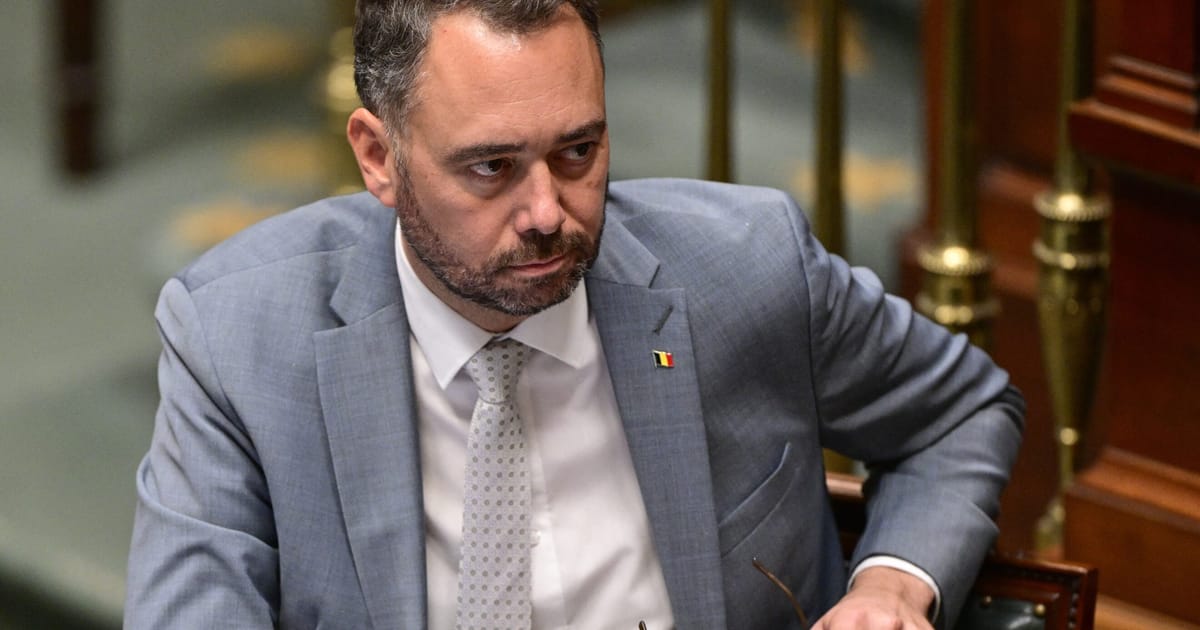Those proposals are due to be discussed at a Foreign Affairs Council in Luxembourg on Oct. 20 and a summit of leaders in Brussels on Oct. 23. Despite that, draft documents reveal that no consensus has yet been achieved.
In comments to POLITICO, Belgian Foreign Minister Maxime Prévot — whose country has been pushing for a tougher stance on Israel — said it was “regrettable” the EU had taken more than two years to present measures.
“The credibility of the EU’s foreign policy has been seriously shaken,” he said. “For many citizens, it is still difficult to understand why the EU is incapable of taking firm decisions.”
Germany, Hungary and a handful of other delegations have consistently opposed the implementation of sanctions, even though there has been broad agreement at the political level and a joint EU declaration backing steps against settlers accused of human rights breaches.
In the wake of the announcement that Hamas and Israel had “signed off on the first phase” of a pact to end the war, European Commission spokesperson Paula Pinho this week hinted the bloc could change its stance.
The sanctions were “proposed in a given context, and if the context changes, that could eventually lead to a change of the proposal,” she said.
According to the diplomats who spoke to POLITICO, the Commission currently doesn’t intend to withdraw the plan even if the prospect of a lasting ceasefire has cast it into uncertainty.
